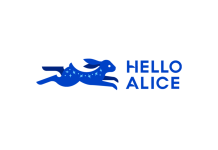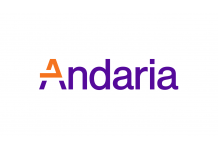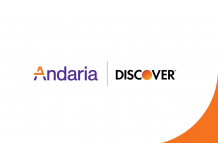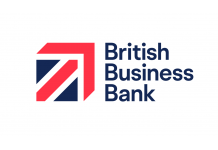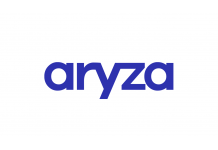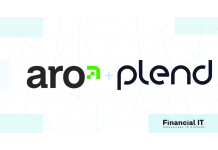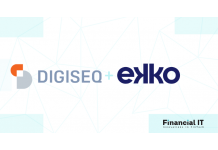Hello Alice Announces Expansion of Small Business...
- 24.07.2024 12:15 pm
Andaria Set to Redefine Customisation With Launch Of...
- 13.11.2023 10:15 am
Lyfeguard Partners with Moneyhub to Integrate Open...
- 25.10.2023 10:05 am
Coop Launches Coop Finance+ via additiv's...
- 24.10.2023 09:20 am
Andaria Announces Strategic Partnership with Discover...
- 16.10.2023 01:25 pm
Use of External Finance Across the UK Showing Signs of...
- 12.10.2023 09:30 am
2nd Edition Open Finance, APIs & Partnerships
- 10.10.2023 12:10 pm
2nd Edition Open Finance, APIs & Partnerships
- 10.10.2023 12:10 pm
Aryza Launches New Range of Products to Revolutionise...
- 04.10.2023 11:25 am
Aro Partners with Plend to Make Affordable Finance...
- 27.09.2023 10:45 am
Divido Bolsters Merchant Capabilities to Supercharge...
- 19.09.2023 09:30 am
DIGISEQ Partners with ekko to Embed Sustainability and...
- 12.09.2023 10:20 am


